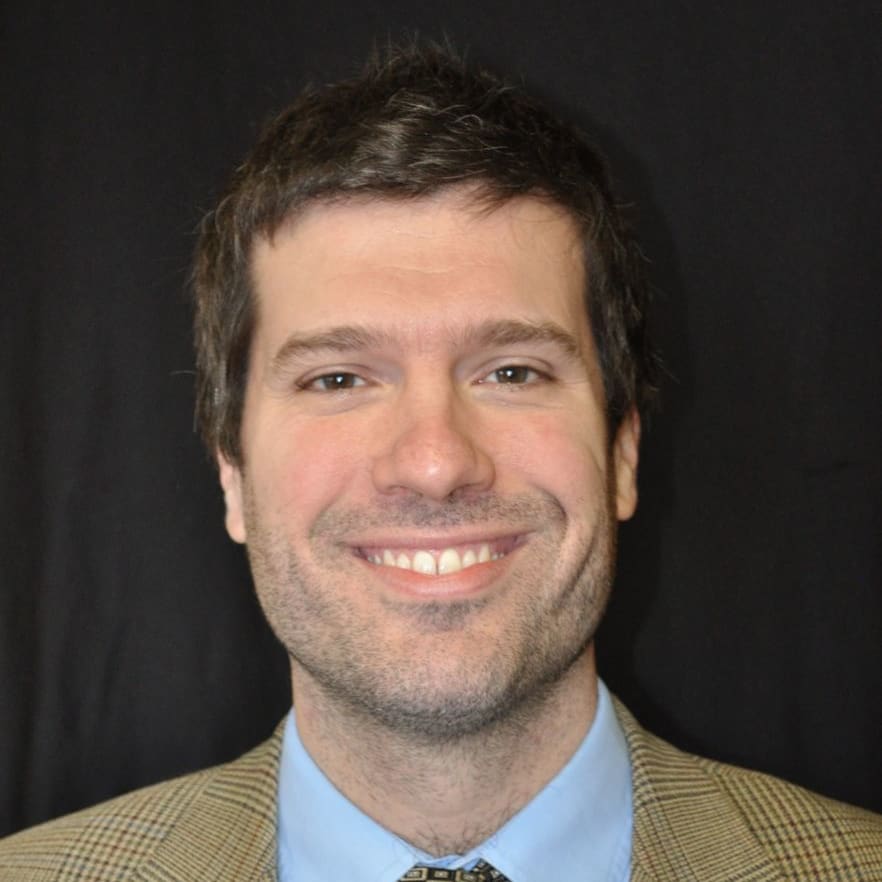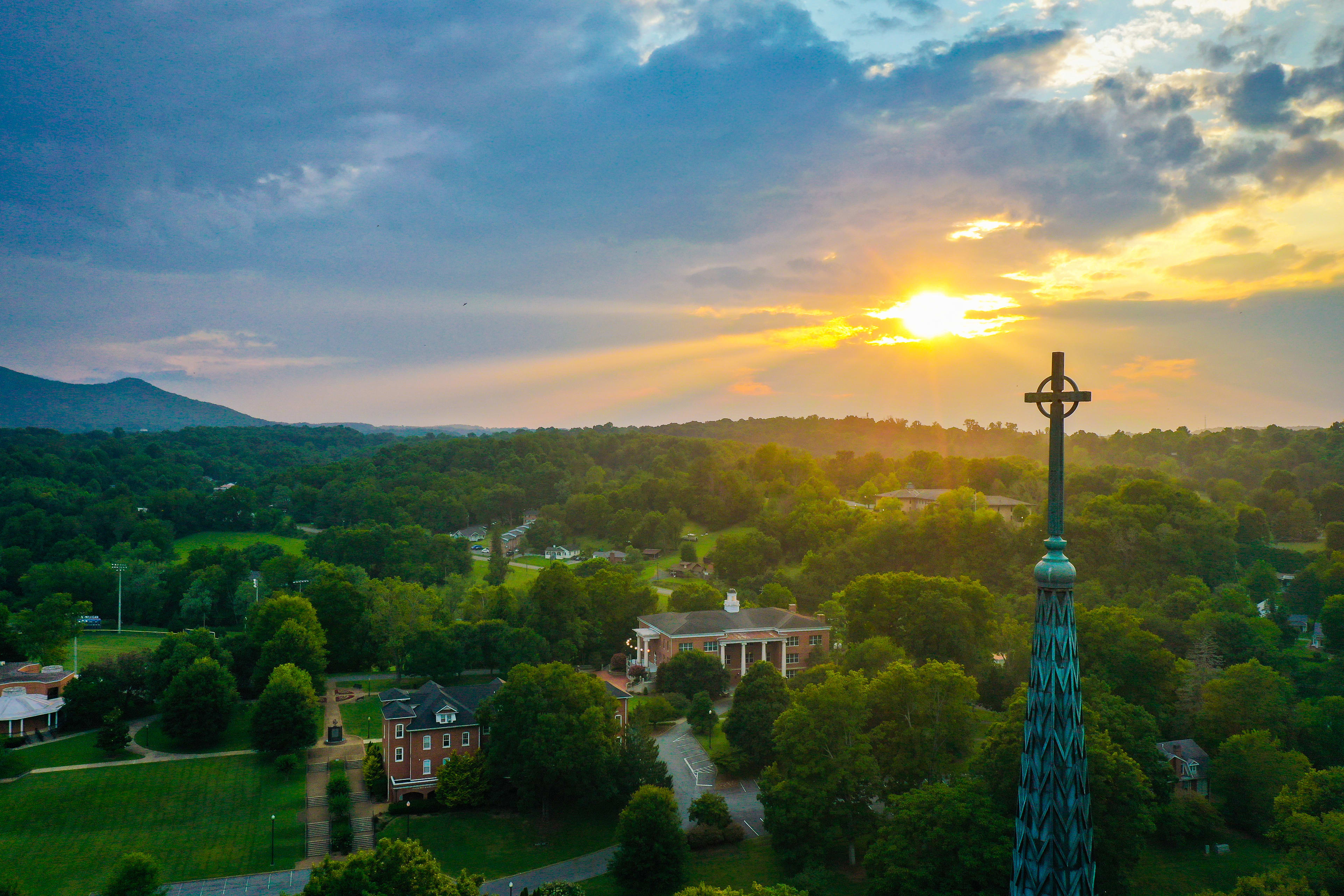Milligan’s unique Humanities Program—incorporating history, literature, philosophy, and fine arts—is central to the Milligan liberal arts education. We think it’s important for tomorrow’s leaders to be individuals who can think for themselves, analyze information and ideas, and explore the nature and meaning of the world.
How do we make sense of all the rampaging data that surrounds us on televisions, cell phones, radios, computer monitors, billboards, and movie screens? Is it possible to put together some coherent understanding of the past in order to understand the present and have some idea where we might be headed in the future?
In the Milligan Humanities Program—part of the core curriculum for all majors—students examine the ways history, philosophy, religion, art, literature, and music have influenced each other and shaped culture from the ancient world to the post-modern. This lays the foundation for a lifetime of sense making, finding meaning in the past, making informed judgments on the present, and preparing for a meaningful future.
All four semesters of the Humanities program address the following questions:
- What does it mean to be fully human?
- Who is God and how does a person know God?
- What responsibilities do we, as both part of creation and stewards of it, have to the rest of the created order?
- How does one relate to one’s fellow human beings?
- How does one answer life’s inescapable questions—of love, hate, belonging, vocation, meaning, death?
At Milligan, you’ll receive invaluable tools, not only to make a living, but to make sense out of life. A college education doesn’t get any better than that.
Readings
At the heart of the Milligan liberal arts education is an old-fashioned approach to education: we read the great works of the men and women in history who have shaped the way we live and think about the world.
Milligan’s interdisciplinary humanities program is one of the hallmarks of a Milligan education. Students form close intellectual friendships with each other and with their professors in a rewarding educational experience that establishes a shared, solid foundation for life-long learning.
Here is a sampling of previous first-year readings:
- Homer
- Thucydides
- Aeschylus
- Sophocles
- Plato
- Aristotle
- Virgil
- Augustine
- Beowulf
- Catherine of Siena
- Dante
- Chaucer
- Pico della Mirandola
- Machiavelli
- Erasmus
- Martin Luther
- John Calvin
- William Shakespeare
- Moliere
- Alexander Pope
- Jonathan Swift
- Mary Wollstonecraft
- John Wesley
- Voltaire
- John Locke
- David Hume
- Goethe
- William Blake
- Robert Burns
- William Wordsworth
- John Keats
- Alfred Tennyson
- Percy Bysshe Shelley
- George Eliot
- Robert Browning
- E. B. Browning
- Henry David Thoreau
- Emily Dickinson
- Walt Whitman
- Frederick Douglass
- Gustave Flaubert
- Gerard Manley Hopkins
- Thomas Hardy
- Kate Chopin
- Anton Chekhov
- Henrik Ibsen
- Chinua Achebe
- William Butler Yeats
- W. E. B. DuBois
- Erich Maria Remarque
- George Bernard Shaw
- Karl Marx
- Nella Larsen
- Virginia Woolf
- John Maynard Keynes
- John Steinbeck
- Flannery O’Connor
- Thadeusz Borowski
- Jean-Paul Sartre
- Albert Camus
- Frantz Fanon
- Dorothy Sayers
- Simone de Beauvoir
- Anne Sexton
- Adrienne Rich
- Martin Luther King, Jr.
- Isabel Wilkerson
- Lorraine Hansberry



